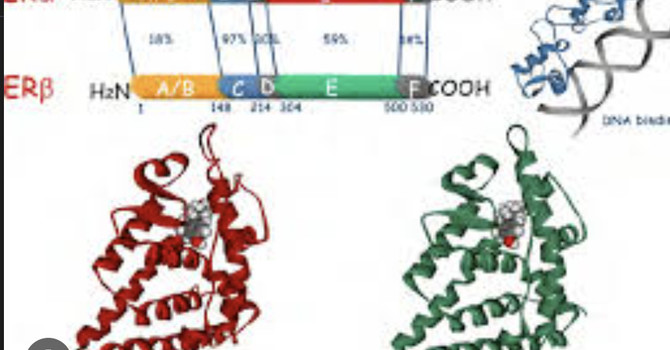Menopause is a natural phase in a woman's life, but it often comes with its own set of challenges and uncertainties. Hot flashes, in particular, can be distressing symptoms that many women experience during this transition. However, recent research has shed light on a fascinating connection between hot flashes, especially those occurring during sleep, and a heightened risk of Alzheimer's disease (AD). Understanding the Study's Findings A study led by Dr. Rebecca
Thurston and Dr. Pauline Maki delved into the relationship between hot flashes
and Alzheimer's risk. The study involved nearly 250 midlife women and utilized
advanced AD blood-based biomarkers, offering insights into AD risk well before
the onset of dementia. What they discovered was striking: women who experienced hot flashes during sleep were found to be at a greater risk of developing AD, and this risk appeared to increase with the frequency of these nighttime hotflashes.
These findings highlight two critical elements: sleep and estrogen. Sleep is fundamental to our overall health, but it also plays a pivotal role in maintaining proper brain function. The study's focus on hot flashes during sleep underscores the importance of good sleep quality, not only for our immediate well-being but also for long-term cognitive health. Estrogen, a hormone closely
associated with menopause due to its decline, is also a key player. It has
neuroprotective properties and contributes to the health and function of our
brain. The decline in estrogen levels during menopause is thought to impact
brain health, potentially increasing the risk of AD.
What can women take away from these findings? Firstly, if you're experiencing frequent hot flashes, especially during sleep, it's essential to discuss these symptoms with your healthcare provider. While hot flashes are a common aspect of menopause, understanding their potential connection to AD risk allows for more proactive healthcare decisions.
Secondly, this study emphasizes the importance of ongoing dialogues between patients and healthcare professionals. Being aware of potential risk factors and warning signs of AD can empower women to take proactive steps in managing their cognitive health.
Lastly, if you find that your concerns about menopause and Alzheimer's risk aren't adequately addressed by your primary care physician, don't hesitate to seek out specialists who focus on menopause and women's health. Tailored Menopause Hormone Treatment (MHT) options, ensure you receive the best care for your unique needs. It's essential to navigate peri/menopause with the right information and support. By addressing the root causes and understanding the interconnectedness of sleep, hormones, and brain health, women can take proactive steps to manage their menopausal journey and potentially reduce their risk of Alzheimer's disease.

Anat Sapan, MD
Contact Me



